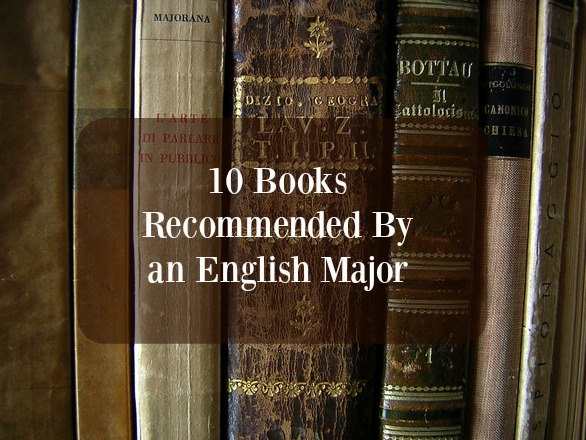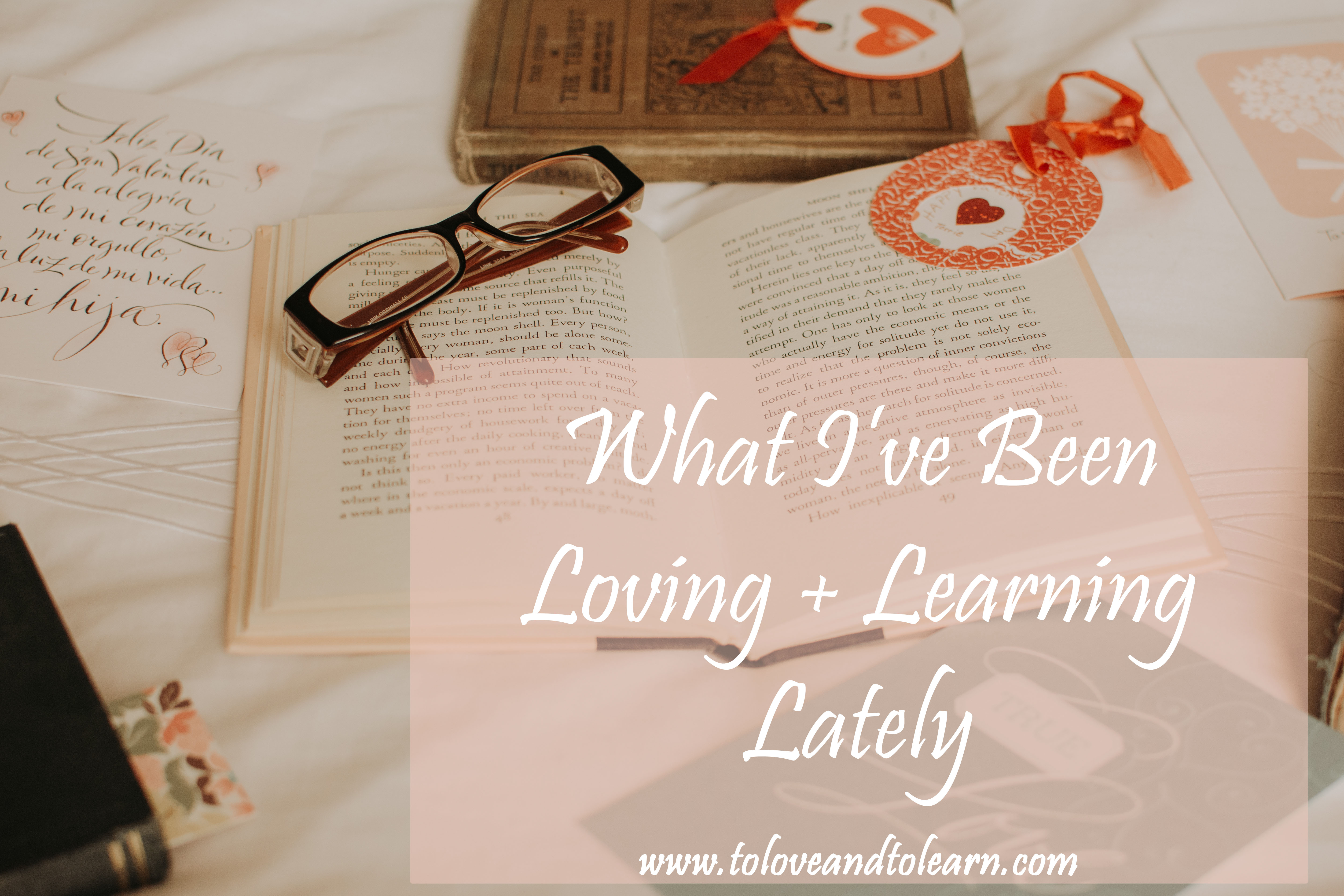There are few things I miss about being in school—I don’t miss the homework load (where I’d usually be assigned to read literally around 1,500 pages per WEEK), I don’t miss the critical analysis essays dissecting every last bit of minutiae in whatever text we were studying, and I don’t (usually) miss the pompous, verbose discussions about how this or that book should be read through different “lenses” (like the women/gender studies lens, the modernist movement lens, the post-modern movement lens…blah blah blah).
But I do miss having daily contact with people who love books (especially well-written classics) as much as I do (because–shocker of all shockers–being a 7th grade Language Arts teacher surprisingly doesn’t fill that need for me, seeing as how an unfortunate number of my students often try to avoid reading whenever they can), and I do miss having the regular challenge of approaching difficult literature and coming out the other end feeling a bit wiser, a bit more lit-savvy, and just a wee bit full of some pompous-sounding new words.
So if you’re feeling ready to try on some more “literary” fiction and classics that have every English major throwing around important-sounding words like “cross-cultural analysis” and “possible tendencies towards misogyny” and — horror of horrors — “unpacking the text,” then go ahead and pick up one of these titles. Pretentious discussions aside, these books really are worth a read once in your life, if only to make you appreciate just a bit more what’s possible in human writing.
Note: There are affiliate links in this post through Amazon Associates, which means I get a small commission from any purchase made (at no extra cost to you). Thanks for supporting To Love and To Learn!
1 // Jane Eyre by Charlotte Bronte
This was one of the first classics I chose to read on my own (without being assigned to it), and its combination of romance and intrigue and a long-locked-up secret made this one a surprising page-turner. Plus, it’s WAAAAY more accessible than many classics, so if it’s one of your first forays into 19th century British literature, it’s a great place to start.
2// The Handmaid’s Tale by Margaret Atwood
This was the first novel I read by Atwood, and I fell head over heels for her gorgeous prose and brain-searing imagery. Honestly, her books are less about plot for me than they are about her play on words, but this particular choice did things with plot I’ve never experienced with any other author before. Even though you might loathe the ending (as did my husband), you should at least be able to appreciate the literary risk that she took at the conclusion of this dystopian novel.
3// The Bell Jar by Sylvia Plath
Haunting and disturbing but curiously addictive, Sylvia Plath has made many an English major swoon over her poetic journeys into the more disturbing parts of the psyche, and her one full-length novel is enough to make you appreciate the light she helped shed on all the twisted and multifaceted workings of mental illness. It was this book that made me buy almost every word written by Plath and devour them my freshman and sophomore years of college.
4// Pride and Prejudice by Jane Austen
Austen is an obvious choice by an English major, but I am continually astounded by her wit and her insight into the human character. There’s a reason she has such an obsessive following (and hundreds upon hundreds of spin-off books, t.v. shows, and movies inspired by the stories she wrote). If you’re going to read just one thing by her, make it the one she’s best known for (although I immensely enjoyed Emma as a very close second).
5// Walden by Henry David Thoreau
I always seemed to enjoy the Transcendentalist period of literary history more than my English major peers, but I think there’s too much to gain from reading this book to leave it off my list. Thoreau was perhaps the first to document a more “minimalist” approach to life (rather than the “more is more” philosophy that has dominated American culture almost since its inception), and his insights into pursuing the “simple but valuable” life are just as applicable to us today as they were then (if not more so).
6// Atonement by Ian McEwan
I’m kind of surprising myself by putting this on the list, but this modern book (by a supremely gifted current author) left a definite impression on me. The genius of this book lies in the slow build-up and the division of the book into different styles of writing and purposes so that by the end, you realized you were supposed to feel frustrated and slightly bored by the first section and totally blown away by the way it all comes together in the end. A master of somehow making it all fit together, McEwan is a modern writer to watch.
7// The Kite Runner by Kahled Hosseini
Although Hosseini’s A Thousand Splendid Suns is a much happier book (by the end) and thus much more immediately enjoyable, I found it was The Kite Runner that has really stayed with me. This might very well be one of the most powerful fictional novels I’ve ever read on the subject of forgiveness and trying to right a wrong, and even though it’s not an easy book to get through (due to disturbing subject matter), it’s worth every gut-wrenching page.
8// The Scarlet Letter by Nathaniel Hawthorne
I could make so many jokes about how this might be one of the most-hated assigned reads given to high schoolers, but surprisingly, I LOVED it (even when I was a high schooler myself). In fact, this was probably the first “classic” I think I really appreciated for more than just an interesting story, and there are so many references to the symbols in this book in modern culture, so it’s definitely worth digging through, even if only to understand those references when they do come up.
9// Crime and Punishment by Fyodor Dostoevski
I read this as a senior in high school for my AP Lit class, and it’s one of the first (and only) times a book has truly “gotten inside my brain.” I felt a bit deranged while reading this (because the main character is so deranged throughout), and while the forced ending falls a bit flat (because Dostoevski was made to change the ending by his publisher), the psychologically thrilling nature of this story coupled with timeless themes of what justice is all about make this a must-read.
10// Flowers for Algernon by Daniel Keyes
Although Mary Shelley’s Frankenstein is the more well-known choice for dealing with the question of how far science should be pushed, Flowers for Algernon gives a more human (albeit gut-wrenching) face to the whole concept (rather than the monster that has inspired countless Halloween movies and jokes). About a mentally-challenged man who becomes the first human subject of an intelligence-enhancing experiment, this story will both break your heart and leave your head thinking about it for years to come. (Plus–bonus! It’s super short and you could finish it in a day.)
















